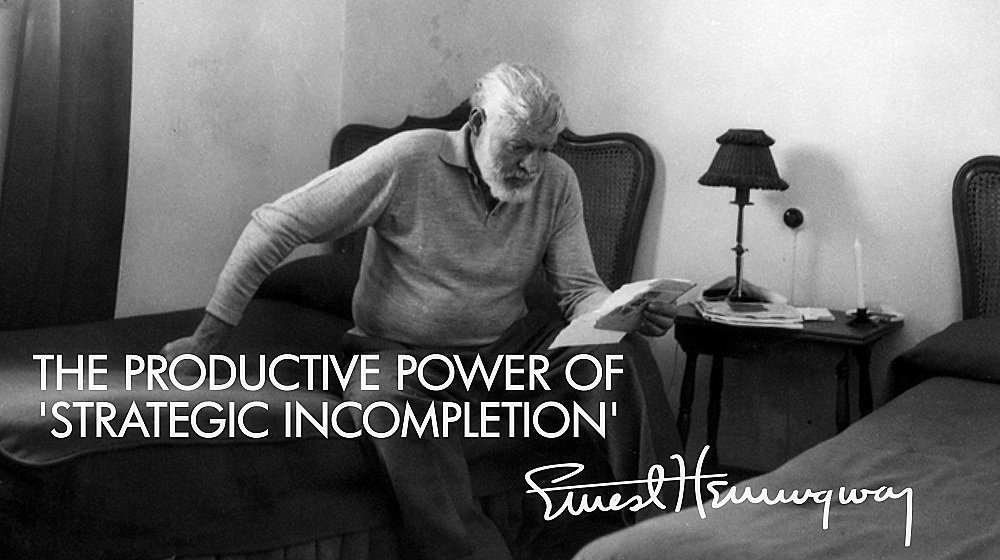 When stress hits, lowering your standards and aiming for “just enough” can be a game-changer. Perfectionism only piles on the pressure, so ease up. By lowering your expectations, you make tasks more manageable and reduce the mental load.
When stress hits, lowering your standards and aiming for “just enough” can be a game-changer. Perfectionism only piles on the pressure, so ease up. By lowering your expectations, you make tasks more manageable and reduce the mental load.
Perfection is overrated. Focus on progress, not perfection. Giving yourself permission to do “just enough” creates space for a mental break and helps you stop chasing unrealistic standards. Chasing unattainable goals leads straight to burnout. Accept that “good enough” is enough. This allows you to maintain energy and avoid exhaustion while keeping your focus on what really matters.
Lowering your standards is an act of self-compassion. You’re not a robot. It’s okay to step back from perfection—your well-being depends on it. But remember, it’s a temporary fix. Don’t make a habit of it or you’ll stall your growth.
 Procrastination isn’t just waiting—it’s the surrender of agency.
Procrastination isn’t just waiting—it’s the surrender of agency. The Japanese aesthetic of
The Japanese aesthetic of 
 You’re not stuck in busyness—you’re choosing it. That packed calendar, the blur of back-to-back tasks, the sense that your time isn’t your own? They’re symptoms of decisions made without reflection, not obligations
You’re not stuck in busyness—you’re choosing it. That packed calendar, the blur of back-to-back tasks, the sense that your time isn’t your own? They’re symptoms of decisions made without reflection, not obligations 

 Are you finding it challenging to take action?
Are you finding it challenging to take action? We’ve all witnessed moments where someone verbally attacks another person. Comments like “You silly goose!” “You self-centered fool!” or “You ungrateful jerk!” are not only harsh and abusive, but they also quickly erode the attacker’s self-respect. Thankfully, most of us think, “I’d never speak to anyone like that.” We recognize the importance of respecting someone’s dignity and self-esteem.
We’ve all witnessed moments where someone verbally attacks another person. Comments like “You silly goose!” “You self-centered fool!” or “You ungrateful jerk!” are not only harsh and abusive, but they also quickly erode the attacker’s self-respect. Thankfully, most of us think, “I’d never speak to anyone like that.” We recognize the importance of respecting someone’s dignity and self-esteem..jpg)